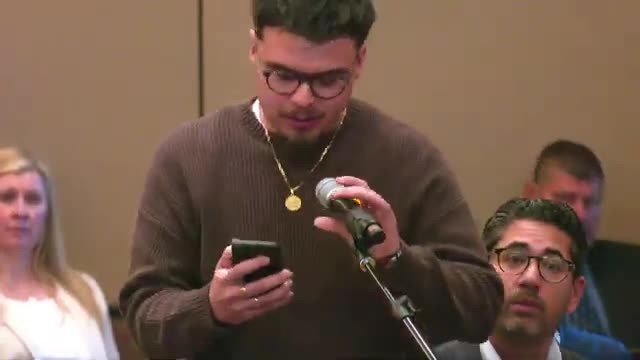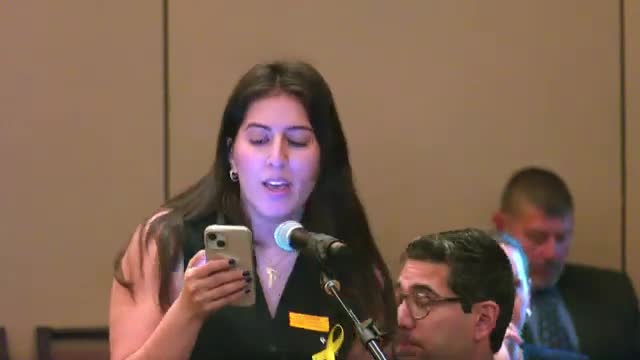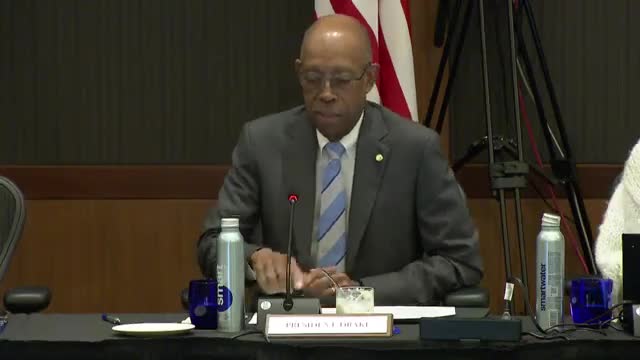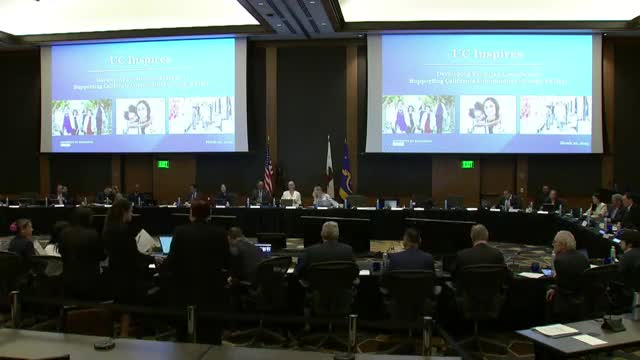Article not found
This article is no longer available. But don't worry—we've gathered other articles that discuss the same topic.

Students press regents for more basic-needs funding, centralized care and $10 million for undocumented student opportunities

Jewish students, faculty urge UC regents to act on antisemitism, discipline and speech disputes

Graduate leaders warn NIH cuts and detentions threaten UC research and academic freedom

